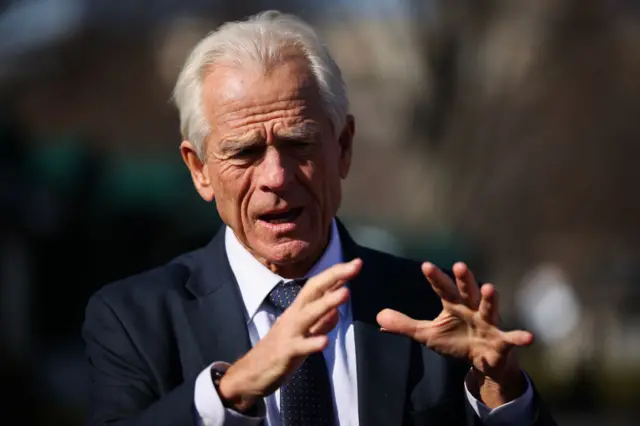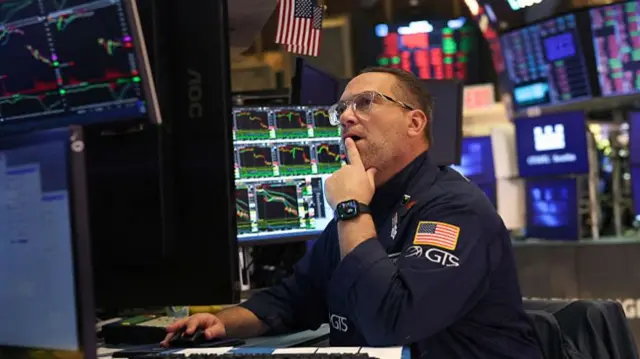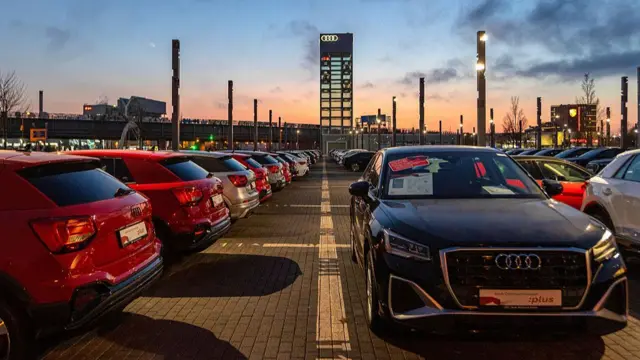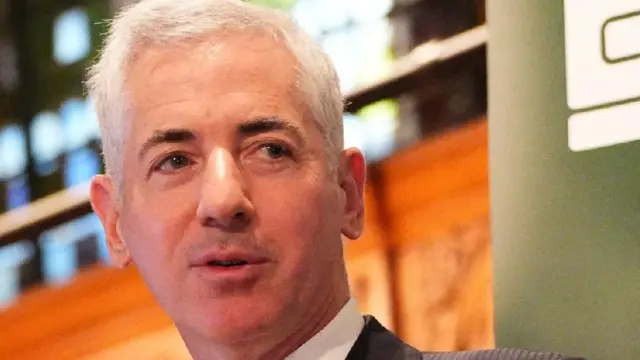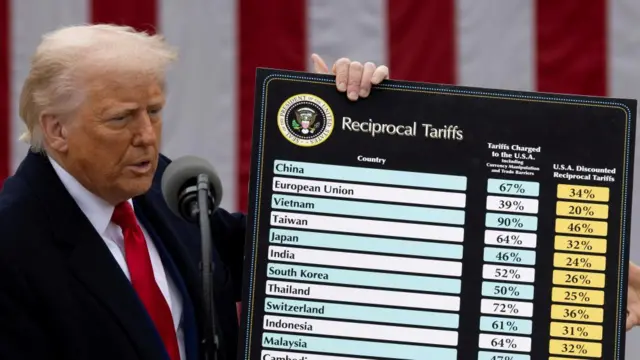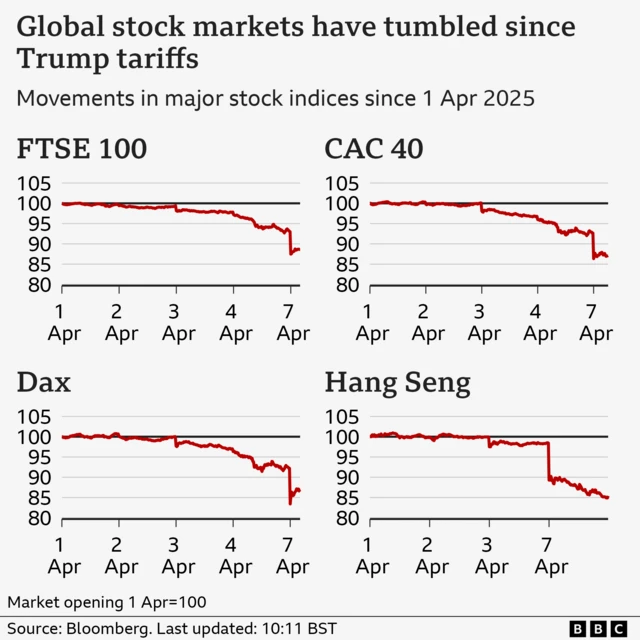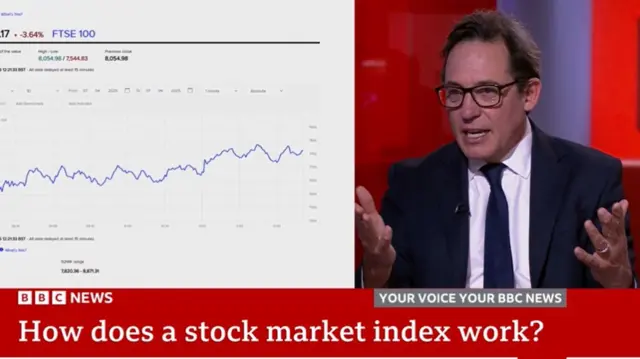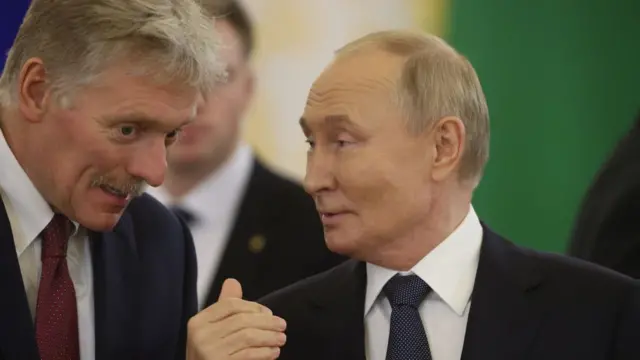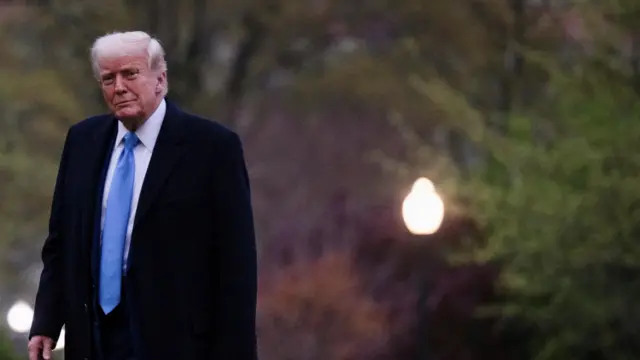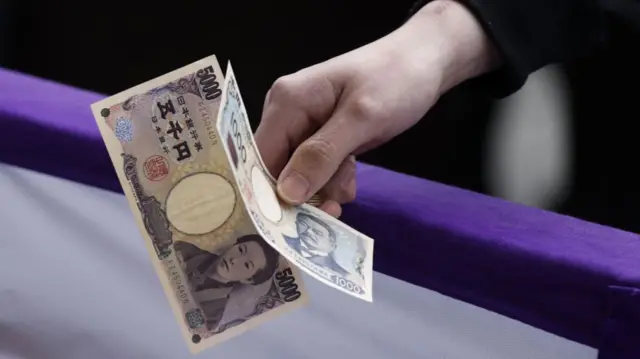
Is Starmer about to change his approach to the US?published at 14:26 BST 7 April
 Chris Mason
Chris Mason
Political editor
Hello from the West Midlands. The prime minister will be giving a speech in the region shortly — his first major public intervention since President Trump’s announcement last week.
Keir Starmer writes in the Times today that "this is not a phase - the world has fundamentally changed".
If that is true, the key question it poses is whether the prime minister is willing to fundamentally change his approach.
His critics say his announcement today, which aims to help the car industry, amounts to tinkering; folks in government tell me it’s the first of several announcements to come.
Will he and the chancellor have to think beyond their current self imposed economic guardrails - not changing income tax, not borrowing in a way that breaks their so called fiscal rules for instance - if things really have fundamentally changed?
- He's just started speaking - you can watch it live at the top of the page, and we'll bring you key lines here as soon as we get them
